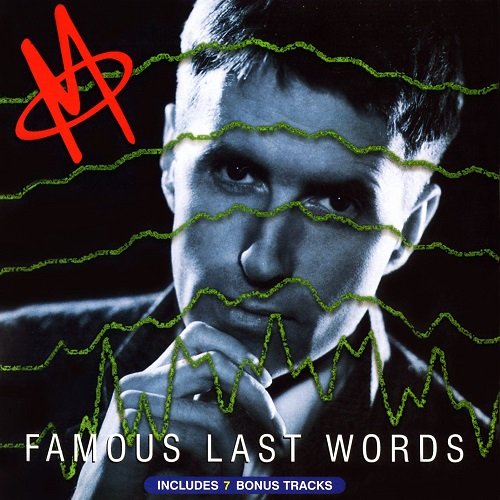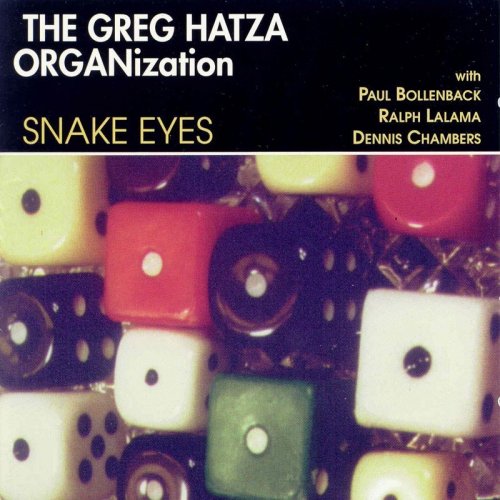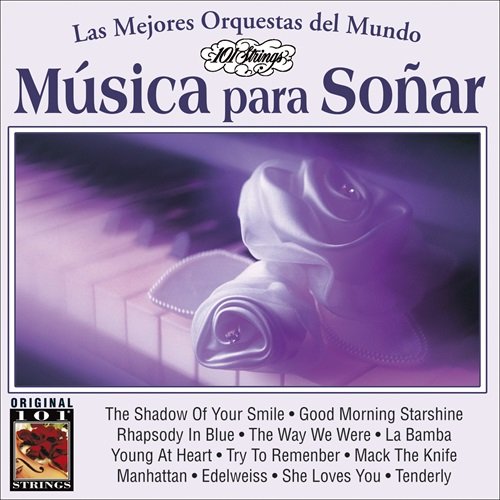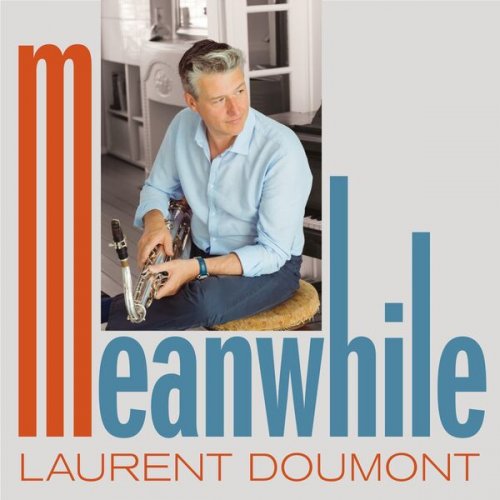M, Robin Scott - Famous Last Words (Reissue) (1982)

Artist: M, Robin Scott
Title: Famous Last Words
Year Of Release: 1982
Label: Metro
Genre: New Wave, Synth-pop
Quality: Mp3 320 / Flac (tracks)
Total Time: 01:07:26
Total Size: 164/480 Mb
WebSite: Album Preview
Tracklist:Title: Famous Last Words
Year Of Release: 1982
Label: Metro
Genre: New Wave, Synth-pop
Quality: Mp3 320 / Flac (tracks)
Total Time: 01:07:26
Total Size: 164/480 Mb
WebSite: Album Preview
01. Doubletalk 3:26
02. The Bridge 4:46
03. Honolulu Joe 4:03
04. Love Life 4:20
05. Yellow Magic 3:45
06. Smash the Mirror 3:58
07. Neutron 4:26
08. Dance on the Ruins 4:06
09. Here Today, Gone Tomorrow 4:42
10. To Be Is to Buy 3:17
11. Eureka (92 Remix) 3:27
12. Eureka (Original Version) 3:17
13. Love Inferno 3:36
14. Love Inferno (Narrative) 3:05
15. The Bridge (feat. Lydia Cannan) 4:34
16. Guardian Angel 4:25
17. I'm No Angel 4:16
Known to the world as the new wave one-hit wonder M, Robin Scott scored one of the first commercially successful electro-pop/dance singles with 1979's international number one smash "Pop Muzik." Scott attended Croydon Art College in the late '60s, where his classmates included Malcolm McLaren, and began performing topical folk songs in area clubs. This led to the release of an early LP, 1969's Woman from the Green Grass, on Head Records. The label quickly went bankrupt, however, and Scott worked on a variety of musical projects during the early '70s, hoping to break through. He eventually became manager and producer for the pub rock band Roogalator and produced their "Cincinnati Fatback," one of the first singles released by the pioneering U.K. indie Stiff Records. Scott's label, Do-It, also released the first Adam & the Ants LP, Dirk Wears White Sox. Scott moved to Paris in 1978, where he produced the punk rock band the Slits, and a previously recorded single was issued under the name Comic Romance.
Around the same time, Scott christened himself M and recorded the single "Moderne Man," which flopped. However, his next release, "Pop Muzik," was an instant classic; it featured support from Roogalator bassist Julian Scott (Robin's brother), keyboardist Wally Badarou, programmer John Lewis, and vocalist Brigit Novik (Scott's wife). Demand for an LP was met by New York-London-Paris-Munich, which added woodwind player Gary Barnacle and drummer Phil Gould to M's backing band. The follow-ups to "Pop Muzik," "Moonlight and Muzak" and "That's the Way the Money Goes," were minor hits in the U.K., although Scott had seen the last of his singles chart successes in the U.S. The Official Secrets Act (1980) was less successful commercially, a trend continued on 1982's Famous Last Words (which Scott's U.K. label MCA refused to release). In the meantime, Scott worked with Yellow Magic Orchestra keyboardist and budding solo artist Ryuichi Sakamoto. Scott later dabbled in African music collaborations, especially Kenyan music, but most of the material languished in the vaults as Scott faded from sight as a solo artist. Assorted reissues, as well as remix projects, followed through the 2000s and 2010s. ~ Steve Huey
Around the same time, Scott christened himself M and recorded the single "Moderne Man," which flopped. However, his next release, "Pop Muzik," was an instant classic; it featured support from Roogalator bassist Julian Scott (Robin's brother), keyboardist Wally Badarou, programmer John Lewis, and vocalist Brigit Novik (Scott's wife). Demand for an LP was met by New York-London-Paris-Munich, which added woodwind player Gary Barnacle and drummer Phil Gould to M's backing band. The follow-ups to "Pop Muzik," "Moonlight and Muzak" and "That's the Way the Money Goes," were minor hits in the U.K., although Scott had seen the last of his singles chart successes in the U.S. The Official Secrets Act (1980) was less successful commercially, a trend continued on 1982's Famous Last Words (which Scott's U.K. label MCA refused to release). In the meantime, Scott worked with Yellow Magic Orchestra keyboardist and budding solo artist Ryuichi Sakamoto. Scott later dabbled in African music collaborations, especially Kenyan music, but most of the material languished in the vaults as Scott faded from sight as a solo artist. Assorted reissues, as well as remix projects, followed through the 2000s and 2010s. ~ Steve Huey



![Susie Philipsen - Sunday Kissing Club (2026) [Hi-Res] Susie Philipsen - Sunday Kissing Club (2026) [Hi-Res]](https://www.dibpic.com/uploads/posts/2026-02/1771738386_500x500.jpg)

![Ex Novo Ensemble - OSVALDO COLUCCINO: Emblema (2018) [Hi-Res] Ex Novo Ensemble - OSVALDO COLUCCINO: Emblema (2018) [Hi-Res]](https://img.israbox.com/img/2026-02/22/ot6pocjri3hisq06iz4768yl5.jpg)

![Larry Coryell - Major Jazz Minor Blues (1998) [CDRip] Larry Coryell - Major Jazz Minor Blues (1998) [CDRip]](https://www.dibpic.com/uploads/posts/2026-02/1771860317_5.jpg)
![Bop Juice - Live at Smalls (2026) [Hi-Res] Bop Juice - Live at Smalls (2026) [Hi-Res]](https://www.dibpic.com/uploads/posts/2026-02/1771597003_cover.jpg)